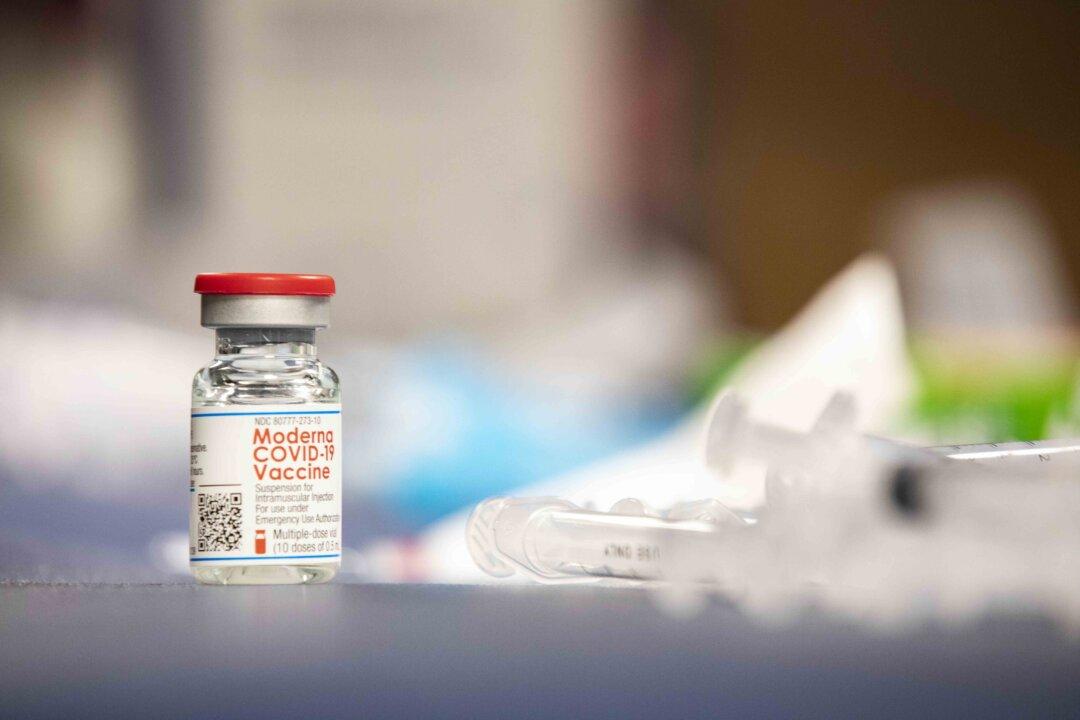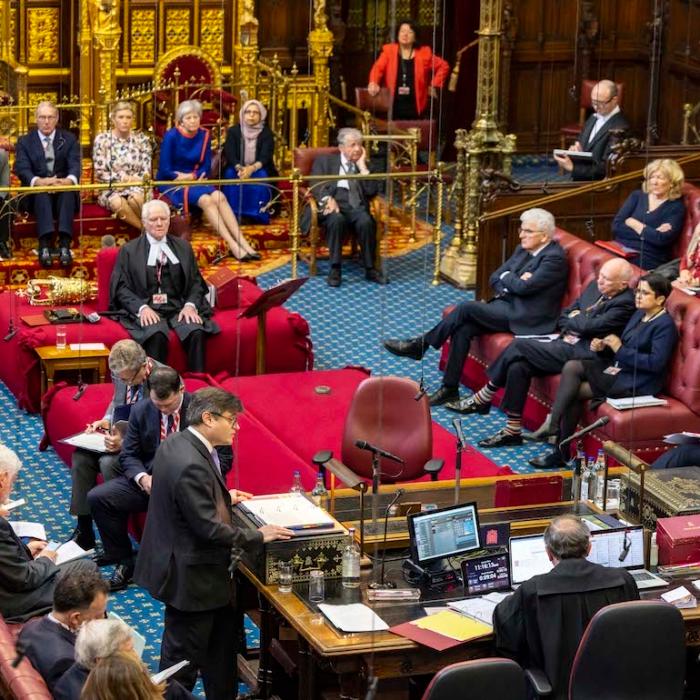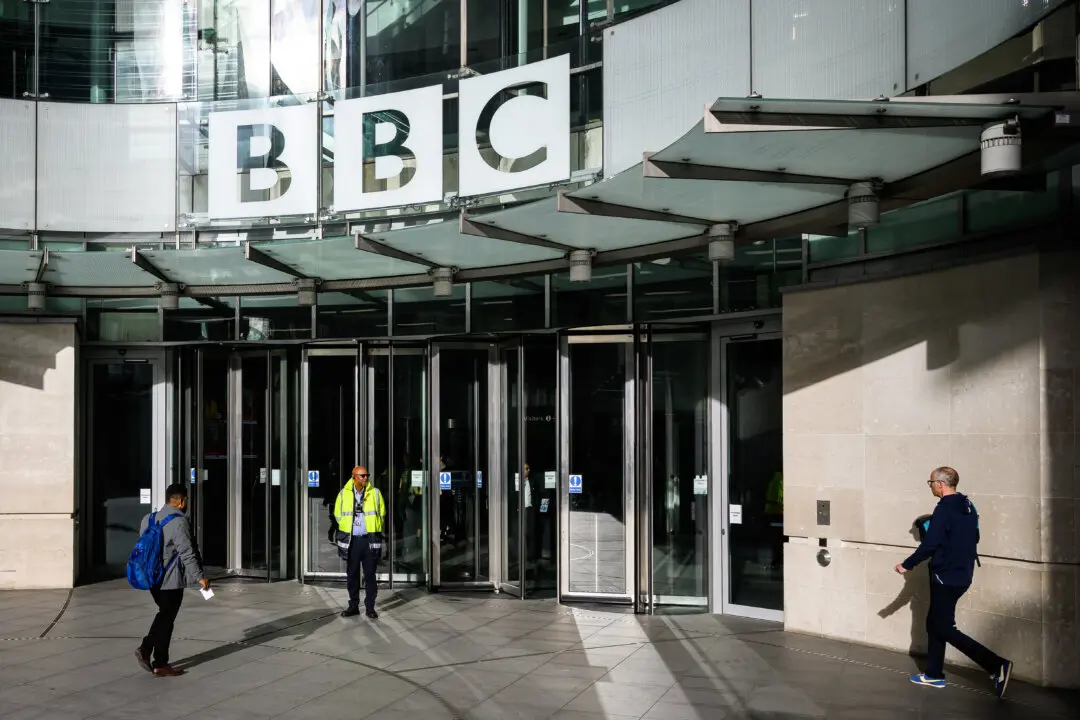Critics included Professors Norman Fenton and Martin Neil, both experts in statistics, risk and probability from Queen Mary University, who said, “The paper is a joke and should never have been published.”
The pair accused the Lancet authors of “writing the conclusions in such a way that the mainstream media will wrongly be able to claim that those vaccinated are less likely to be hospitalised or die from COVID-19.”
Professors Neil and Fenton, writing on their popular blog, Where Are The Numbers, pointed to the multiple conflicts of interest listed by the study’s authors and accused the Lancet of being “the most high profile medical journal that has a known history of publishing bogus research that promotes the benefits of the vaccines.”
The Lancet study, carried out by researchers at the University of Edinburgh and led by Professor Sir Aziz Sheikh, confirm they were able to gain privileged access to the large data sets used, which they say are “highly sensitive and not available publicly”.
Mathematical Modelling Used
The researchers used mathematical modelling to come up with a figure of 7,000 hospitalisations and deaths for the summer of 2022, which they claim could have been prevented if every one of the 63 million people aged over five had taken all the recommended jabs,The study, entitled “Under-vaccination and severe COVID-19 outcomes: meta analysis of national cohort studies in England, Northern Ireland, Scotland, and Wales” was presented by the Lancet authors as proof positive the jabs were life-saving—and duly reported on as such across much of the media.
But comparing the health outcomes of those who have received no COVID-19 jabs at all yields a much different result, as the Queen Mary professors pointed out. The supplementary data in the study finds that completely unvaccinated people are less likely than fully vaccinated people to have a severe health outcome from the virus.
“Our estimates for the 16–74 years and 75 years and older age groups show that being unvaccinated (strictly maximum dose deficit) was associated with similar or lower hazard ratio for severe COVID-19 outcomes compared with being vaccinated but having a vaccine deficit of at least one dose,” the Lancet paper finds.
“Healthiest people less likely to be jabbed”
The authors go on to speculate why this might be, suggesting vaccine waning could be a factor and speculating that the healthiest individuals are more likely to have declined all the jabs.
“This association could be due to vaccine waning and the fact that the most recent dose for those with a vaccine deficit frequently occurred many months before the study start date.
“The association could also be due to an uncontrolled selection effect for healthier individuals being more likely to be unvaccinated.”
The authors state their various conflicts of interest, which include being on various advisory panels for pandemic preparedness and respiratory diseases for the Scottish and UK governments and being on AstraZeneca’s COVID-19 strategic thrombocytopenia taskforce, which are all said to be unfunded positions.
One author reports being member of the Medicines and Healthcare Products Regulatory Agency’s (MHRA) vaccine benefit and risk working group, another reports being a member of the Scientific Pandemic Influenza Group on Modelling and the COVID-19 scientific advisory group for emergencies and its subgroups.
Another reports being chair of the ethnicity subgroup of, and a member of, the UK Scientific Advisory Group for Emergencies, while another was a technical advisor to the Welsh Government on COVID-19.
Data shows that more and more people of all ages and socio-economic groups have been declining boosters as time has gone on since the introduction of the jabs in January 2021, meaning that 44 percent of the UK population can now be labelled as “under-vaccinated.”







